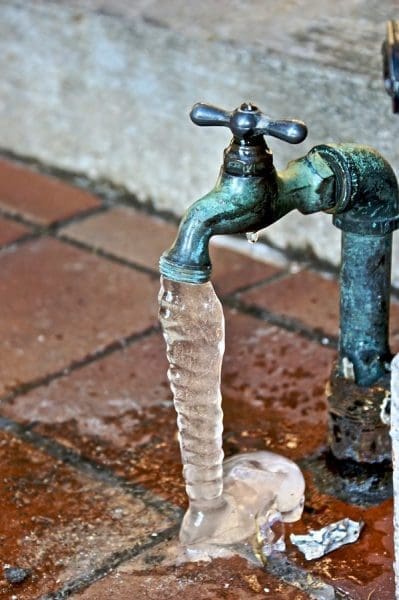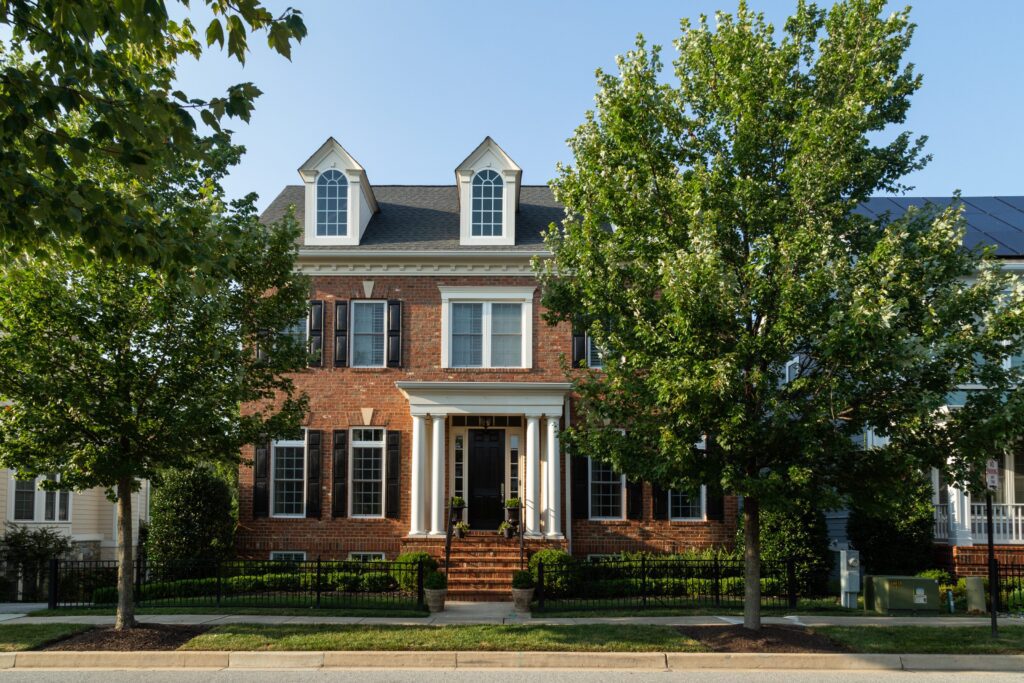How to Avoid Frozen Pipes
‘Tis the season for frozen – and burst – pipes! Frozen pipes are a certainly problematic in and of themselves but frozen pipes can eventually burst, which is the real headache. Burst pipes can flood your home and cause tremendous water damage.
Pipes At Risk for Freezing
The pipes most likely to freeze (and burst) are those that are:
- exposed directly to the cold, (think pool and sprinkler lines, outdoor hose bibs)
- in unheated interior areas like basements, crawl spaces, and garages
- located against exterior walls, in cabinets, and under sinks (places with little or no insulation)
How to Avoid Frozen Pipes
The best way to avoid frozen and burst pipes is a good old dose of prevention! Here’s our tips on how to avoid frozen pipes this winter.
- Seal up any cracks and holes in your home that are allowing cold air to come inside.
- add insulation to those areas of your home with little or none. For more on this topic, click here.
- Consider installing specific products made to insulate pipes, like this “pipe sleeve” or electrical heating tape. In a pinch, you can use a hairdryer to warm up pipes!
- Keep cabinet doors open to allow warm air to flow to those pipes. You can also set up fans to blow heat into cold rooms.
- If you choose to use antifreeze in your pipes, be sure it is the kind designed for plumbing and not your car!
- If you have pipes in your garage area, always keep the garage door closed.
- Drain water from your swimming pool and water sprinkler supply lines. Make sure you follow the manufacturer’s directions.
- Allow water to drip (just a trickle) from any faucets served by exposed pipes. Unless you have frost-proof spigots, close the interior shut-off valve leading to that faucet. Open and drain the spigot, and install a faucet insulator like this Duck brand one.
- Avoid letting your house get too cold at night or while you’re away. Maintain at least a 55-degree temperature at all times.
- If you’re going away for an extended period, turn off the main water supply (find out how if you don’t know) and drain the system by opening all faucets and flushing all toilets.
The Bottom Line
Take a bit of time to prepare your home and your pipes for Mother Nature’s February blast. You’ll be glad you did!
Need help? If you need a recommendation for a contractor that can help, please let us know. We are always happy to connect you with professionals who can help you love where you live!
Contact Us
For more helpful tips like these, be sure you’re getting our weekly blog roundup.


